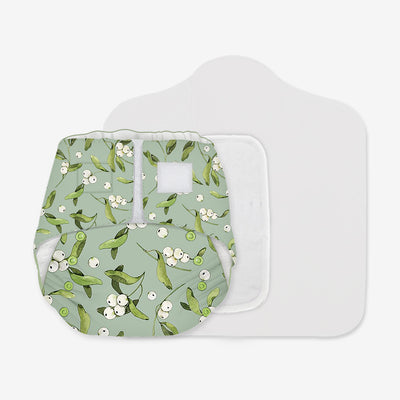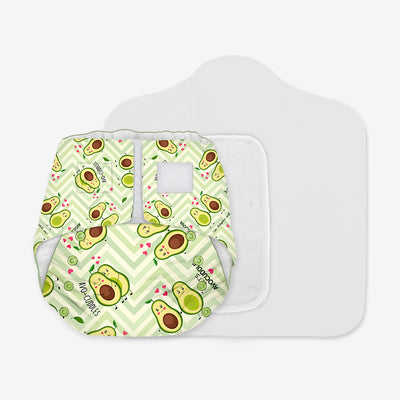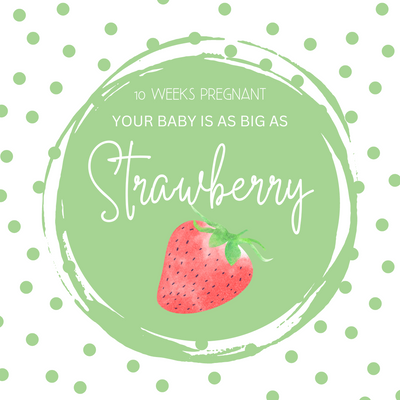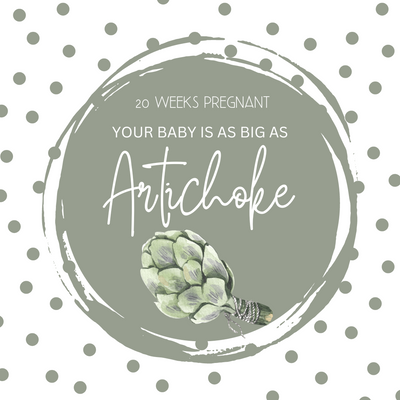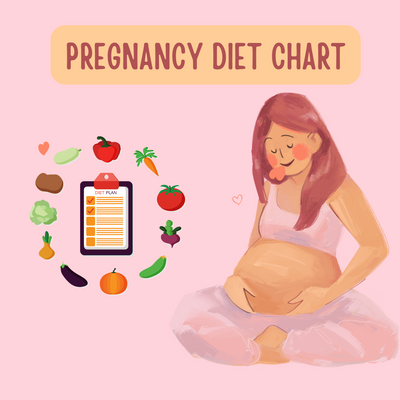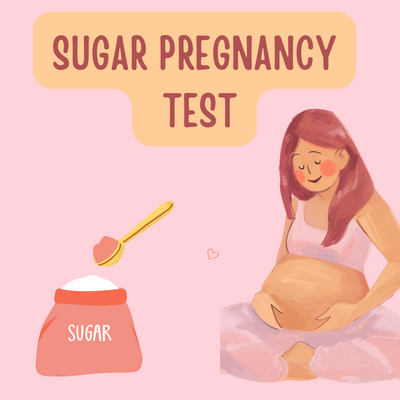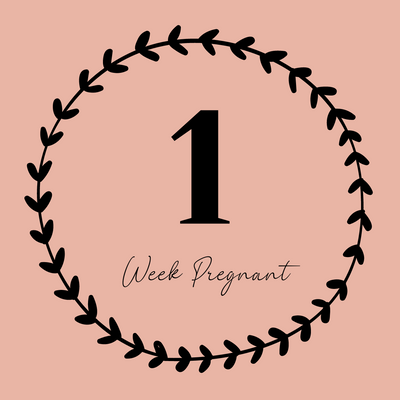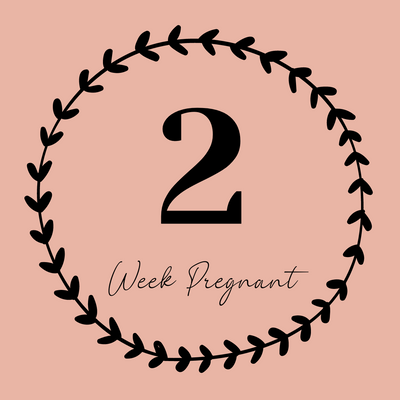Understanding Lower Abdomen Pain During Pregnancy: Causes and Remedies

Pregnancy is a remarkable and life-altering period in a woman's journey. However, it can also bring along various discomforts and pains. One common concern experienced by many expectant mothers is lower abdomen pain. In this article, we will delve into the causes of lower abdomen pain during pregnancy and explore some effective remedies to alleviate the discomfort.
What is Lower Abdomen Pain during Pregnancy?
Lower abdomen pain during pregnancy refers to any discomfort or ache experienced in the region below the belly button and above the pelvic area. This pain can vary in intensity and may be sharp, dull, cramp-like, or constant. While some degree of discomfort is normal during pregnancy due to the body's changes, persistent or severe pain should be addressed with medical attention.
Causes of Lower Abdomen Pain during Pregnancy
Round Ligament Pain:
One of the most common causes of lower abdomen pain during pregnancy is round ligament pain. As the uterus expands to accommodate the growing baby, the round ligaments stretch and are thin, causing sharp or cramp-like pain on one or both sides of the lower abdomen. This pain is often felt during sudden movements, such as standing up quickly or changing positions.
Braxton Hicks Contractions:
Braxton Hicks contractions, also known as practice contractions, are another common cause of lower abdomen pain. These painless contractions help prepare the uterus for labor. While they are generally harmless, they can sometimes cause mild discomfort in the lower abdomen.
Gastrointestinal Issues:
Pregnancy hormones can affect digestion, leading to various gastrointestinal issues such as constipation, gas, and bloating.These problems can lead to discomfort and pain in the lower abdominal region. Ensuring a healthy diet with plenty of fiber and staying hydrated can help alleviate these symptoms.
Urinary Tract Infections (UTIs):
UTIs are more common during pregnancy due to hormonal changes and increased pressure on the bladder. Along with other symptoms like frequent urination and burning sensation during urination, UTIs can cause lower abdomen pain. Prompt medical treatment is necessary to prevent complications.
Round Ligament Varicosities:
In some cases, the round ligaments can become varicose, leading to lower abdomen pain. This condition is more likely to occur in subsequent pregnancies and can cause a throbbing or heavy sensation in the lower abdomen. Wearing supportive undergarments and avoiding prolonged standing or sitting can help alleviate the discomfort.
Miscarriage or Ectopic Pregnancy:
While lower abdomen pain doesn't always indicate a serious issue, it's essential to be aware of the possibility of complications such as miscarriage or ectopic pregnancy. If the pain is accompanied by severe cramping, heavy bleeding, dizziness, or shoulder pain, immediate medical attention is necessary.
Remedies for Lower Abdomen Pain during Pregnancy
Rest and Change Positions:
If the pain is caused by round ligament pain or Braxton Hicks contractions, resting and changing positions can help relieve the discomfort. Taking short breaks throughout the day and avoiding sudden movements can provide relief.
Heat and Cold Therapy:
Applying a warm compress or taking a warm bath can help relax the muscles and ease lower abdomen pain. On the other hand, a cold pack or ice wrapped in a cloth can numb the area and provide temporary relief. Always ensure that the temperature is comfortable and not too hot or cold.
Gentle Exercise:
Engaging in gentle exercises approved by your healthcare provider, such as prenatal yoga or walking, can help improve circulation and reduce lower abdomen pain. These exercises also promote overall well-being during pregnancy.
Proper Hydration and Diet:
Maintaining proper hydration and consuming a balanced diet rich in fiber can help prevent or alleviate gastrointestinal issues that may contribute to lower abdomen pain. Drinking an adequate amount of water and incorporating fruits, vegetables, and whole grains into your meals is beneficial.
Seeking Medical Advice:
If the pain is persistent, severe, or accompanied by alarming symptoms, it is crucial to seek medical advice. Your healthcare provider will be able to evaluate your condition, identify any underlying causes, and provide appropriate treatment or guidance.
Lower abdomen pain during pregnancy can be a common and often benign occurrence. However, it is essential to be aware of the potential causes and when to seek medical attention. By understanding the different reasons for lower abdomen pain and implementing suitable remedies, expectant mothers can navigate this discomfort with greater ease and enjoy a healthier and more comfortable pregnancy journey. Remember, always consult with a healthcare professional for personalized advice and care during pregnancy.
1 comment
-
Posted on by Ahmad Nuhu IbrahimGood advice




